

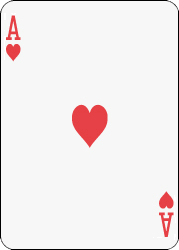



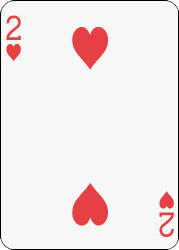

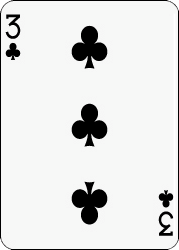

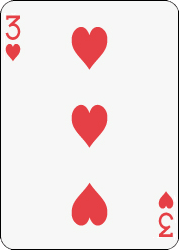

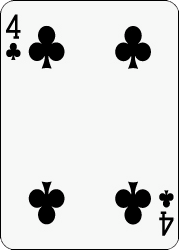

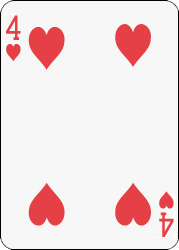

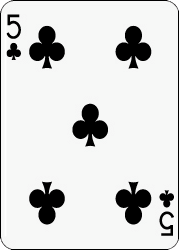
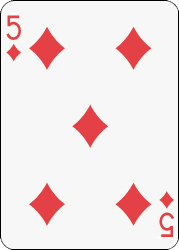
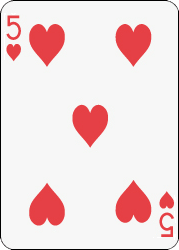

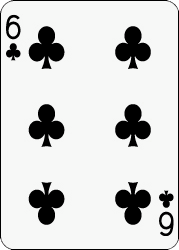
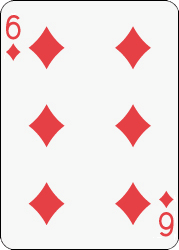
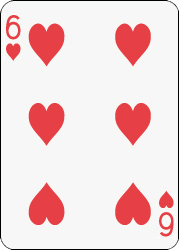

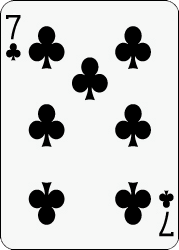
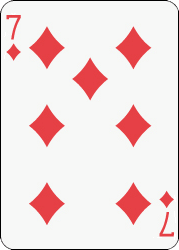
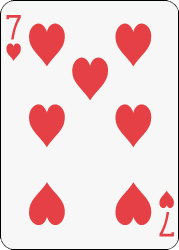
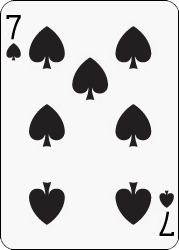
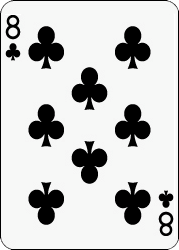
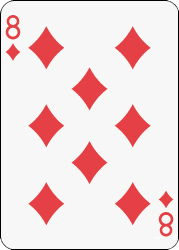
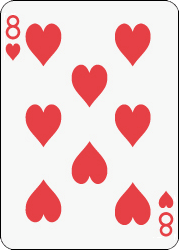
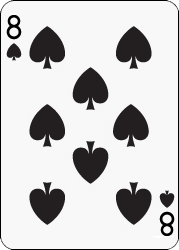
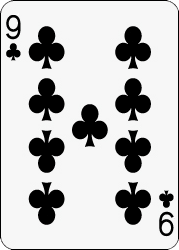
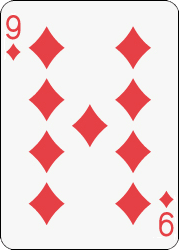
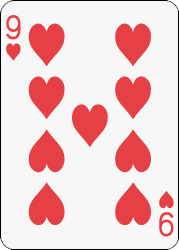
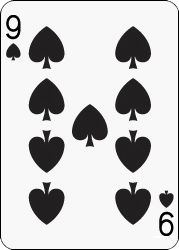
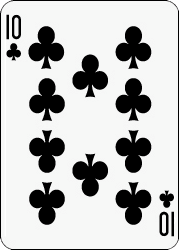

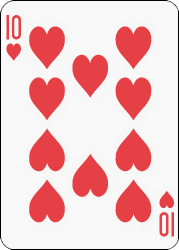
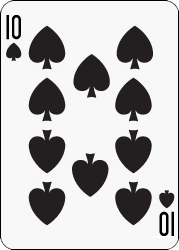
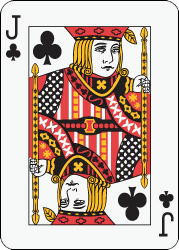
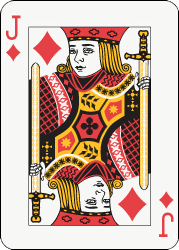
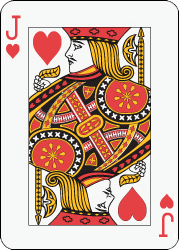
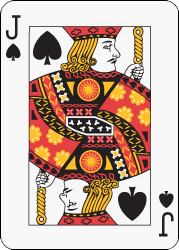
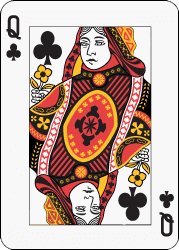
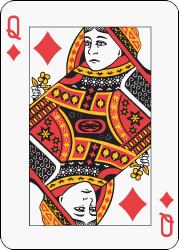
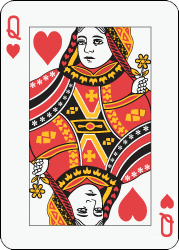
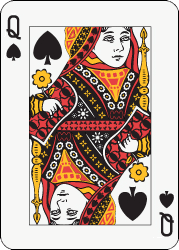
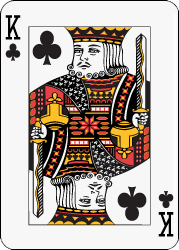
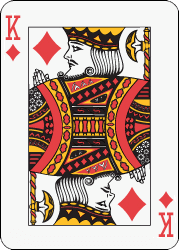
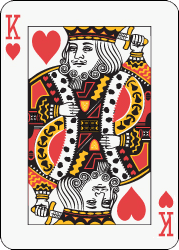
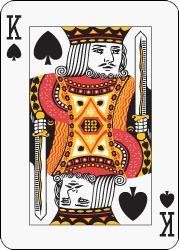
































































| Time: | 232:324 |
| Score: | 12312 |
| Time bonus: | 1234 |
| Total score: | 3424 |
| Best score: | 3432 | Date: | YYYY-MM-DD |
| Games won: | 32 | Average score: | 321232 |
| Games played: | 62 | Average score: | 321233 |
| Percentage won: | 23% |
| No scoring | |
| Standard untimed scoring | |
| ✔ | Standard timed scoring |
| Vegas scoring |
| ✔ | One suit |
| Two suits | |
| Four suits |
| Games played: | |
| Games won: | |
| Percentage won: | |
| Longest winning streak: | |
| Longest losing streak: | |
| Current streak: |
| Best score: | |
| Date: | |
| Average score per game won: | |
| Overall average score: |
| Total time played (seconds): | |
| Average time per game won (seconds): | |
| Total number of moves: | |
| Average moves per game won: | |
| Average moves per hour in games won: |
Like us on Facebook! You can always post a question there.
| Toggle full screen: | F11 (most browsers) |
| Undo move: | Ctrl+Z |
| Deal again: | F2 |
| Close dialog box: | Esc |
The origins of the game name are not certain. Most likely, Spider Solitaire derives its name from the eight legs of a spider, which correspond to the eight foundations which must be filled with cards in order to solve the game. Unlike other popular patience games, Spider Solitaire is played with two decks of cards (that is with 104 cards). In the simplified versions, the cards have only one color (the easiest) or two colors (medium difficulty). The game first appeared in system Windows 3.x in 1991 but it gained in popularity thanks to its distribution with Windows XP. Because of its higher difficulty, Spider Solitaire became so popular that in the early 2000's gained the status of the most popular solitaire game played on Windows PCs.
As in any other solitaire, the objective is to sort shuffled cards by number and color. Unlike in other solitaires, in Spider Solitaire the player does not directly place cards in the foundations. Instead, the player manipulates the position of the cards in the ten columns. Whenever a column contains a stack of cards of the same color, ordered by number with the king at the bottom and an ace at the top, the stack can be removed from the game and placed in a foundation.
To achieve that, the player can move cards between columns. A card can be placed only on a card with a number higher by one, regardless of its color, or in an empty column. However, to move a stack of cards, all cards being moved must be of the same color. Only cards facing up can be moved. When a card facing down is uncovered, it should be flipped. Moreover, when no more moves are available, the player can deal more cards from the stock. In each such deal, ten cards get distributed, one on top of each column. Cards cannot be dealt from the stock if any of the columns is empty. In general, playing with one suit is pretty easy, playing with two suits is quite hard, and playing with four suits is very difficult.
There is only one way of scoring Spider Solitaire Online (similar to MS Spider Solitaire), regardless of whether the player is playing one-suit, two-suit, or four-suit game. All of them start out with 500 points. Each move (including undo moves) subtracts one point. But on the other hand, collecting a full suit rewards the player with 100 points.
Here are two strategy tips for beginners. First, try to turn face up as many cards as early in the game as possible. Having more cards facing up gives you better information about what are you working with and gives you greater choice in terms of your strategy. Secondly, when you are playing with more than one suit try not to lock your columns too much with alternating colors. Sorting stacks by color can be sometime more important than uncovering cards which are currently facing down. Only experience can teach you the right balance between these two strategies.
You can send us an email at contact@solitaires-online.com. Any questions, complaints, thanks, or comments are welcome.
This game was created by the Simiade company. Here is how you can contact us:
Simiade
Adam Narkiewicz
Plac Bankowy 2
00-095 Warszawa
Poland
+48 728235409
contact@simiade.com
https://simiade.com/